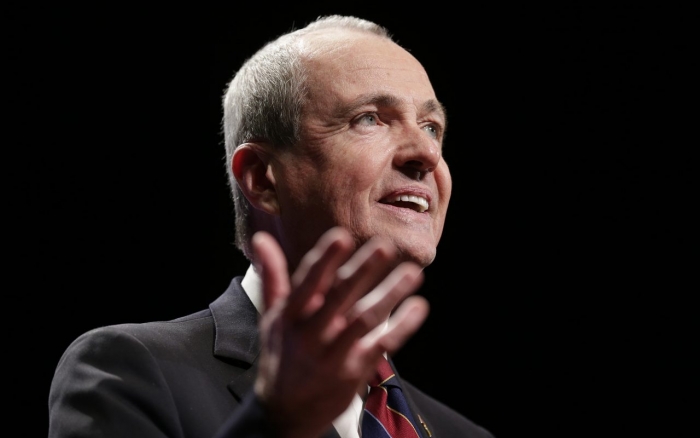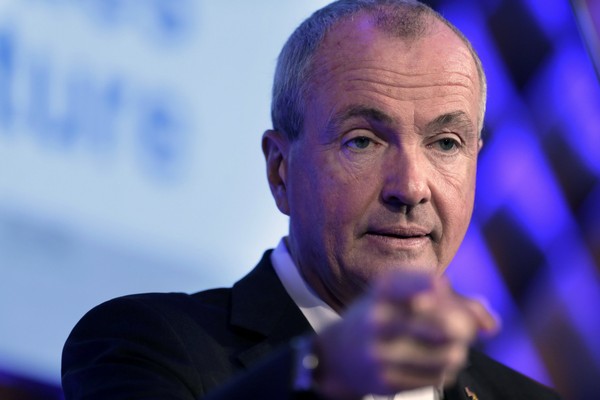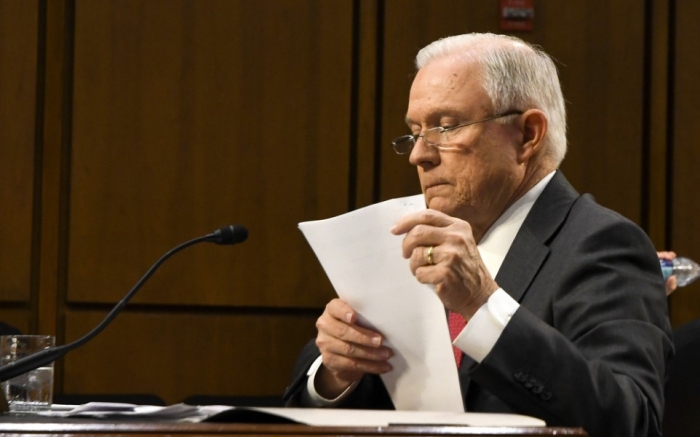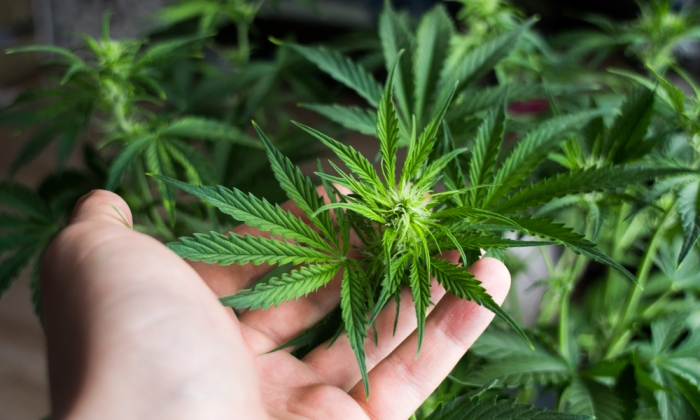New Jersey’s eight-year-old medical marijuana program, long constrained by narrow regulations for growers, sellers, doctors, and patients alike, will expand under a series of changes announced Tuesday by Gov. Phil Murphy (D).
“The days of making residents jump through hoops are coming to an end. We will have a medical marijuana program that is compassionate, that is competitive, and that at long last meets the needs of patients,” Murphy said at a press conference to unveil the recommendations of a review panel he convened two months prior.
Murphy’s government will immediately expand the list of conditions eligible to be treated with prescription cannabis. He mentioned chronic pain disorders, anxiety, migraines, and Tourette’s Syndrome as conditions that are eligible for the drug instantly.
He also called on officials who oversee the list to allow medical marijuana to be used to treat opioid addiction, though that is not among the immediate changes. Early studies have shown promising results for treating opiod addiction with cannabis — an option scorned by Attorney General Jeff Sessions and other old-school drug warriors in influential positions.
“I am hopeful that we will see medical marijuana as a weapon available to patients and physicians in the fight, preemptively, against our opioid epidemic,” Murphy said. “For all the money we’ve spent in this state to get at the root of this awful epidemic, the fact that the medical marijuana system has been gummed up is an obvious, potent weapon that’s been left on the table.”
The reviewers reportedly also want Murphy to invite more competition into the medical cannabis industry in the state by issuing new business licenses. Current law only allows six firms to operate in the state, and requires each of them to handle every aspect of their products from seed to sale.
The review also recommends offering new licenses just for retail sales or for cultivation, ending the vertical integration requirements of the existing system. They also call for opening new retail sites for the half-dozen firms already operating in the state.
Murphy also announced a steep drop in the fees patients pay to join the system, from $200 to $100 for most patients and as low as $20 for veterans and senior citizens.
The review also criticizes the requirement that doctors who wish to prescribe marijuana register with the state. The registry has artificially restricted access to the system by forcing patients to seek out another physician if their family doctor declined to get listed with the state system. Fewer than 600 of the state’s roughly 28,000 doctors are registered to prescribe the drug, according to NJ.com.
The list “served no legitimate purpose other than to put a mark on doctors and advance and amplify some of the stigma associated with this,” Murphy said Tuesday.
Murphy’s predecessor Chris Christie (R) took a sterner line on earlier attempts to expand medical marijuana offerings in the state. The state’s existing medical marijuana system launched at the end of former Gov. Jon Corzine’s (D) tenure, with Christie taking the oath of office a few days after Corzine signed the legislation.
When lawmakers sent Christie a bill to make it easier for children with debilitating conditions to access medical cannabis extracts tailored to their illnesses in 2013, he refused to sign it until the legislature altered some of the details. He eventually signed a revised version of the package, but used a line item veto to block a key piece of it.
He also signed off on adding post-traumatic stress disorder to the list of conditions for which marijuana can be prescribed, but resisted other proposals to widen eligibility. Where Murphy’s reviewers reportedly recommend adding more than three dozen conditions to the system, just six conditions were fully approved when Christie left office. (Seven others could trigger a pot prescription if a patient met additional conditions.)
Christie was a staunch opponent of legalizing recreational cannabis or even decriminalizing possession of it, resisting a number of other attempts to broaden access to medical weed there on the grounds that the changes would ease the road to full legalization in the future.
Murphy, by contrast, promised to make legalization a priority in his first 100 days in office. He’s got 30 days left on that self-imposed stopwatch — though it’s hard to imagine anyone in the state would hold a grudge if it takes a little longer.
credit:420intel.com













